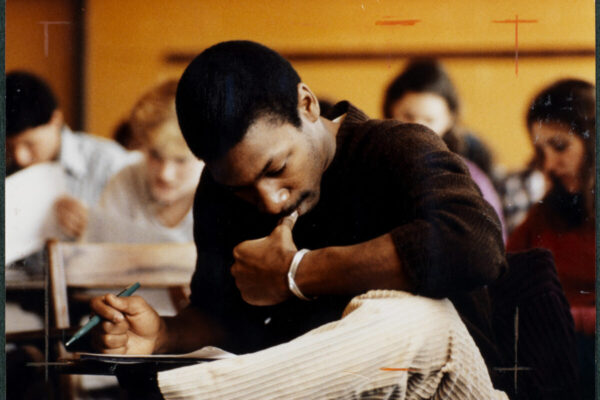Still a Target: What Does Another Recession Mean for Higher Education Funding?
Title: New Report Finds State Funding Remains Below Historic Levels as Public Colleges Brace for A Recession And Expected Budget Cuts
Authors: State Higher Education Executive Officers Association
Source: State Higher Education Executive Officers Association
A recently released report from the State Higher Education Executive Officers Association (SHEEO) provides new information and context for higher education funding at the state and local level. As institutions face uncertainty on several fronts due to the COVID-19 pandemic, the report suggests a potential economic recession would likely result in additional state and local funding cuts to higher education. In fact, the report notes that state and local funding support for higher education has not returned to 2008 pre-recession levels, but has remained 8.7 percent lower than before the recession. Though funding varies between states, this lower funding level has persisted in the face of continued moderate appropriation increases nationally.
Trend data over time shows that recessions often lead to increased student enrollment in higher education, declines in state funding support, and faster increases in student tuition. Importantly, the report finds that student tuition now accounts for 46 percent of the share of total higher education revenue, up from 21 percent in 1980. The report suggests any potential recession may lead to increases in student tuition, which would make tuition dollars the primary driver of total revenue for the first time.
The full report provides an overview of both state and national trends in student enrollment, state funding appropriations, and institutional revenues, and is accompanied by an interactive data tool. The full report and accompanying interactive State Higher Education Finance tool can be found here.
—Charles Sanchez
If you have any questions or comments about this blog post, please contact us.

